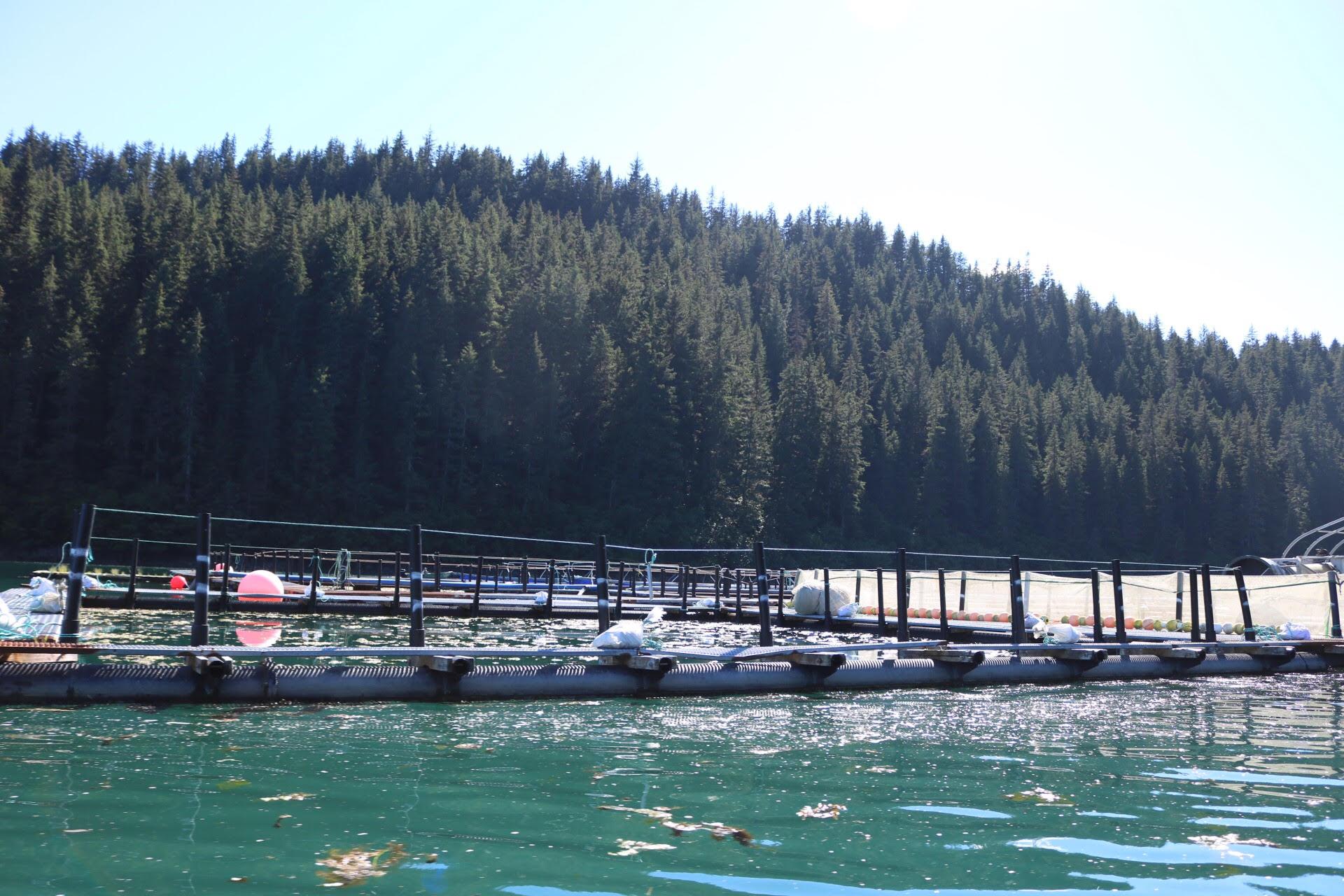
The Alaska Department of Natural Resources denied a hatchery nonprofit’s request last week to release millions of hatchery pink salmon in a popular area of Kachemak Bay State Park.
Cook Inlet Aquaculture Association asked DNR back in early January to renew its three-year permit for the release of up to 80 million pinks at the head of Tutka Bay, an area of Kachemak Bay State Park known for its recreational opportunities.
Cook Inlet Aquaculture Executive Director Dean Day explains that the move wouldn’t increase its production. It would allow the association to release pink salmon that are hatched at its nearby Tutka Bay Lagoon Hatchery.
“The ancillary benefit to having fish reared and imprinted outside would be to have fish return to that side versus returning to the lagoon,” he said.
Day said the lagoon inaccessible for larger commercial fishing vessels and tenders during low tides and that having fish return to the deeper waters of Tutka Bay would make cost recovery and the commercial harvest much more efficient.
However, the proposal has been controversial and has taken center stage in the local debate over salmon hatcheries. Many critics have questioned whether raising millions of pink salmon in the area could damage the local ecosystem and say the move would ruin the scenic quality of Tutka Bay.
Matt Wedeking is the operations manager for DNR’s State Parks Division. He said that’s why DNR denied Cook Inlet Aquaculture’s request.
“DNR basically decided that the net pens would detract from the scenic viewshed of the Kachemak Bay [State] Park, especially in the well-traversed Tutka Bay and the recreational use that happens within that bay,” Wedeking said.
Now former DNR State Parks Director Ethan Tyler issued the decision in a letter on Feb. 11, just a few days before known hatchery critic and former Kenai River Sportfishing Association Executive Director Ricky Gease took over the position.
Some Cook Inlet Aquaculture board members worried that Gease would be the one to deny the hatchery association’s request, but Tyler issued the denial. He utilized the same reasoning DNR used to deny the hatchery association’s initial request for the Tutka Bay permit in 2012, which surprised Day.
“We were a little surprised because of the previous denial, which we appealed,” Day said. “We won that appeal and we were granted the permit, but given the current climate, we kind of anticipated the denial.”
Day said Cook Inlet Aquaculture’s board is still deciding whether to appeal DNR’s decision. It has until March 3 to do so. Any appeal would be handled by DNR commissioner Corri Feige.




